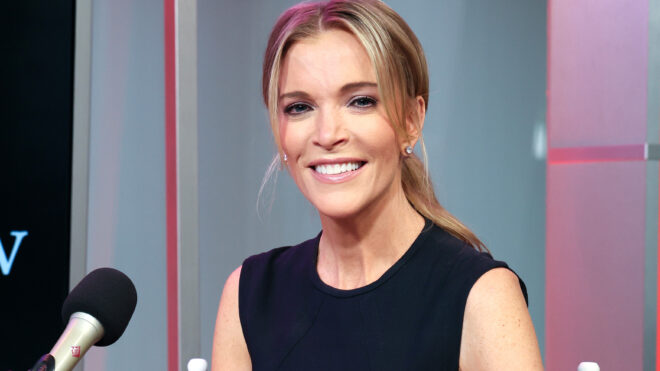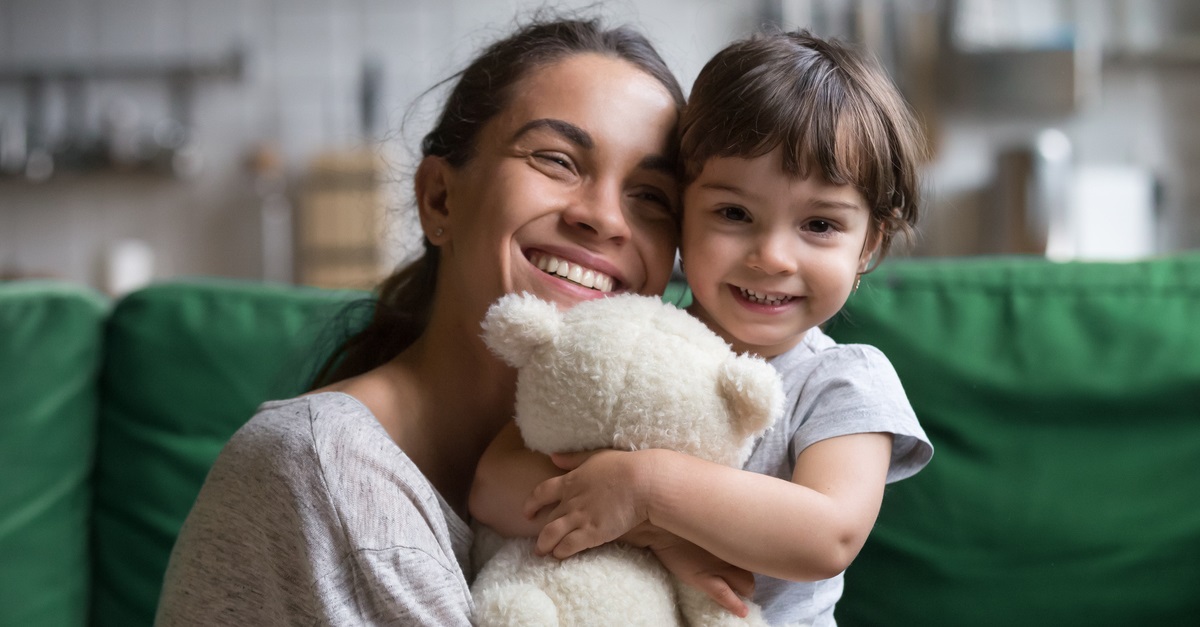
Every family has a different dynamic. For example, my side of the family seems to be more into emotions and words. Conversations can be heavier, and they can reflect on the past and the future. My husband's side of the family seems more grounded in the present. They have a lot of fun when they're together, and they don't get into serious chats quite as often. I love both sides for what they present, but it's made me think about what type of family my husband and I are creating with our own daughter.
When it comes to parenting, I always want to create an environment where my daughter, Charlotte, feels comfortable talking to me about anything. And that includes emotions. That's one of the reasons why I've been keyed into the fact that for her, saying "I love you" to me has been difficult.
Granted, she's only 2½. There's so much left for her to learn and explore emotionally and intellectually. But when she makes claims like "I love cheeseburgers!" and then I get only a "good night" response when I tell her I love her? Sometimes it can be a little painful — especially if it's been a difficult day as it is.
Saying "I love you" is hard for many people. Those words can be very loaded. And I, for one, don't want to force it out of anyone, especially my own child. It's just tough knowing that my side of the family makes sure to say it during every phone call. I know that everyone is different, but I guess it's one trait I had hoped Charlotte might have from day one. What can you say — with parenting, you can never predict what's going to happen. But here's why I shouldn't be overly concerned just yet.
She expresses her feelings in other ways.
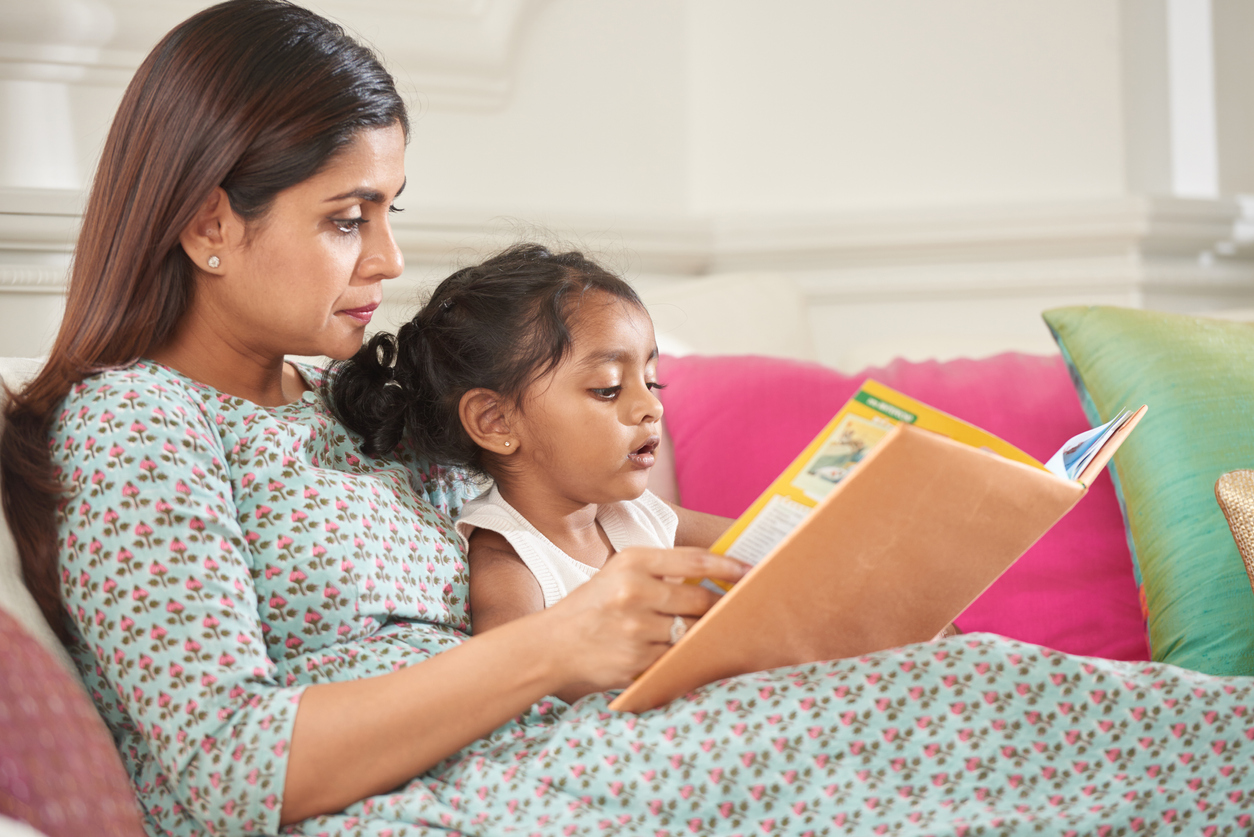
Every morning, we cuddle in bed together. She comes into my room around 5 in the morning, and sometimes we just sit there next to each other. It doesn't even matter if we're watching the same episode of Daniel Tiger's Neighborhood for the 56th time. All that matters is that we start the morning together, and everything is peaceful and calm. I know this tradition may not last forever, but it'll always be in my memory. To me, it's love.
We have plenty of time to perfect our bond.

I know that watching Gilmore Girls may have skewed my own thoughts on mother/daughter relationships, but even Lorelai and Rory had a lot of learning to do. People always say that you're responsible for your children until they're 18, but I feel like that's no longer true. Hopefully, Charlotte and I will have decades of time to grow together.
She's a toddler.
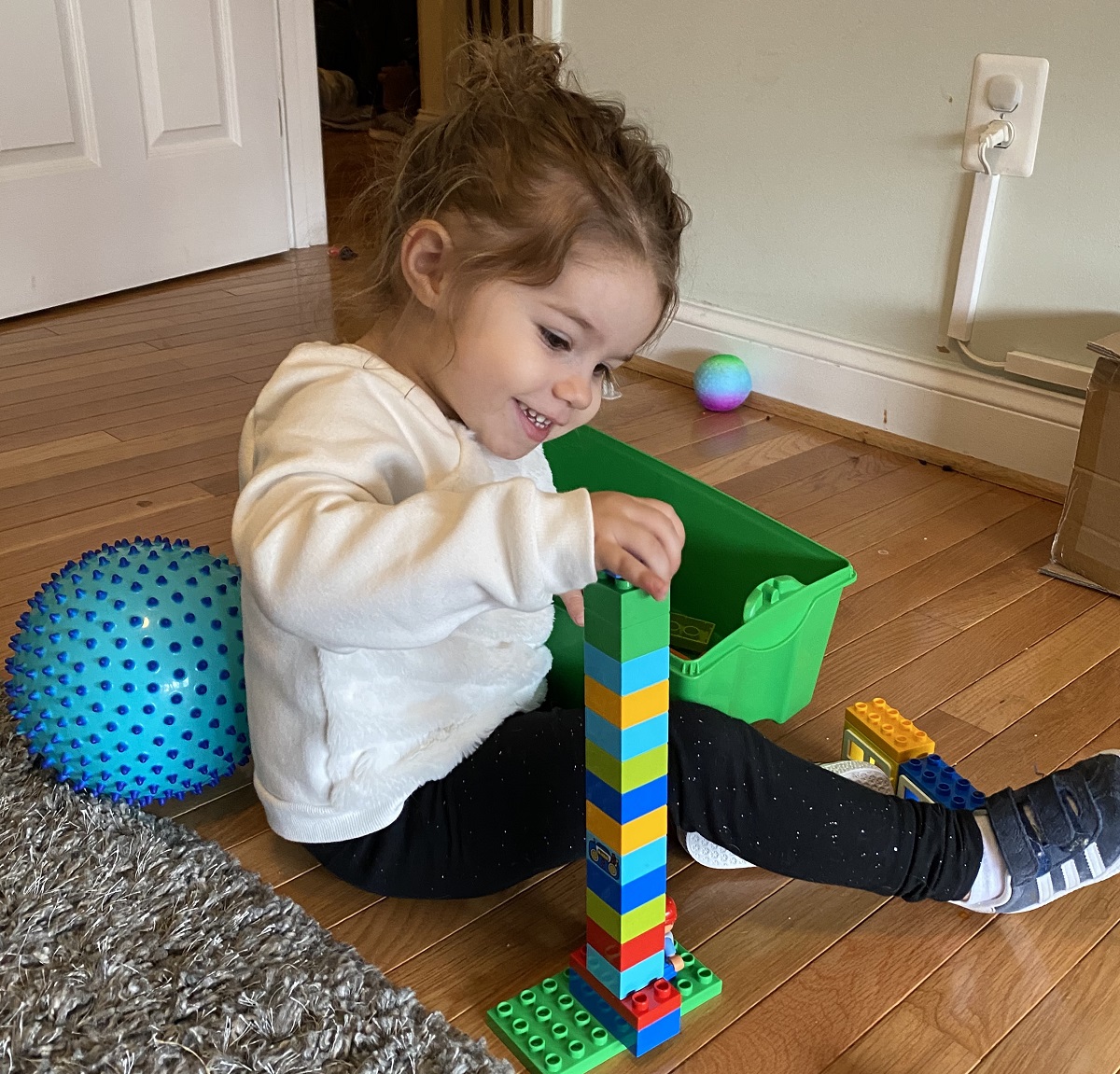
She has a great vocabulary, but she's still figuring out when and where to use words. Ideally, all mothers wish that their kids showered them with positive and loving speech, but you have to be realistic with your expectations.
BabyCenter gives it up to three years for children to really start understanding both love and trust. "Between the ages of 2 and 3, your child will understand the basic building blocks of relationships: Love and trust," the site says. "She knows that you and the rest of the family care for her and are on her side. She's learned these important concepts by the way you've treated her in the first few years of her life. By showering her with affection, responding to her needs, and keeping her safe, you've helped her become a secure and optimistic child."
Thinking about it will only lead to overthinking.
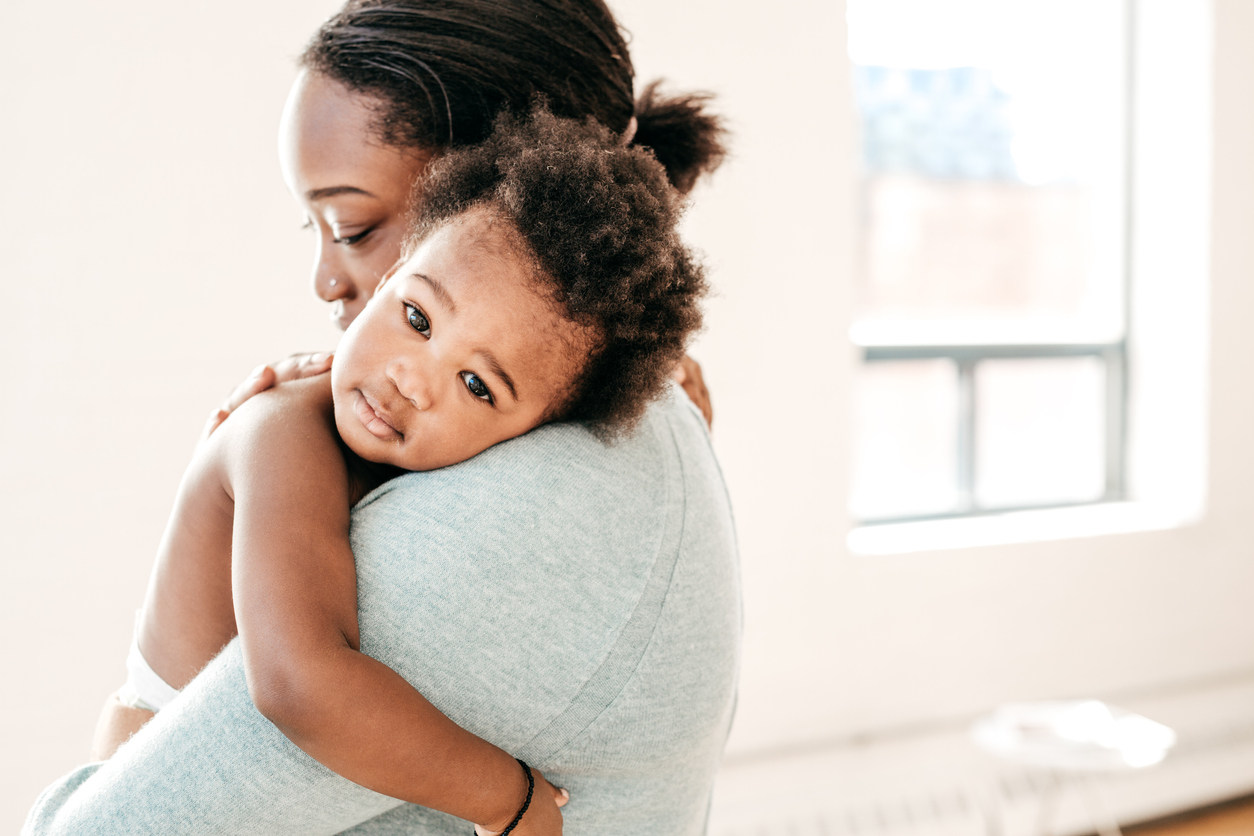
And that's the last thing I need. Motherhood can be really hard sometimes, and in general, moms don't give themselves enough credit for what they've done. If I start thinking about the dark stages of my daughter not actually loving me (which is something I don't even believe), I'll just be harder on myself. Again, words aren't everything.
It may not be her love language.
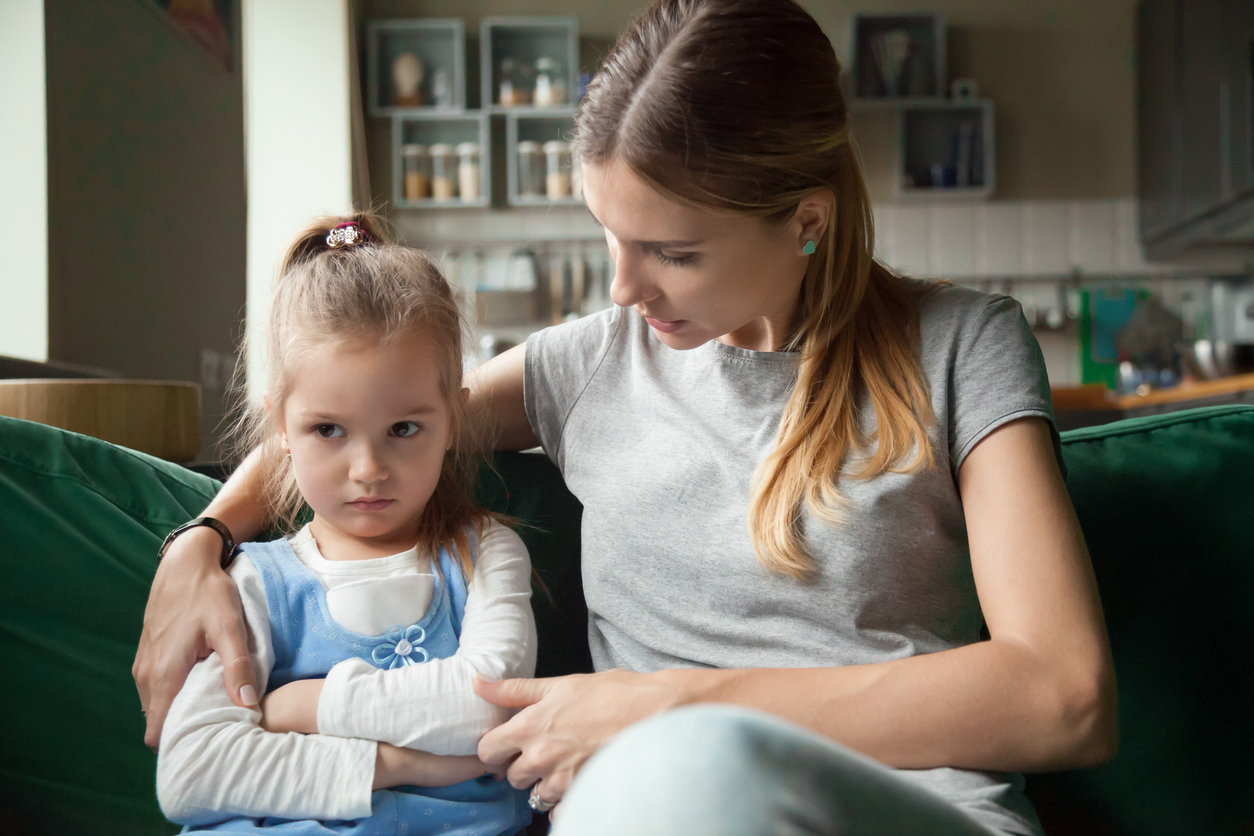
I get it — you might think of romantic relationships when it comes to love languages, making this point a little strange. But the truth is, love languages are important for all types of relationships. If you have a parent whom you want to connect with, think about how they tell you they're thinking of you. If they send you a care package every month but don't say "I love you," they believe that giving gifts shows their love, and not words of affirmation. If you send them a present back, it'd probably make their day.
Charlotte is not me — she may share some genetics with me, but she's her own person. So I shouldn't expect our personalities to match up.
She often has phases.
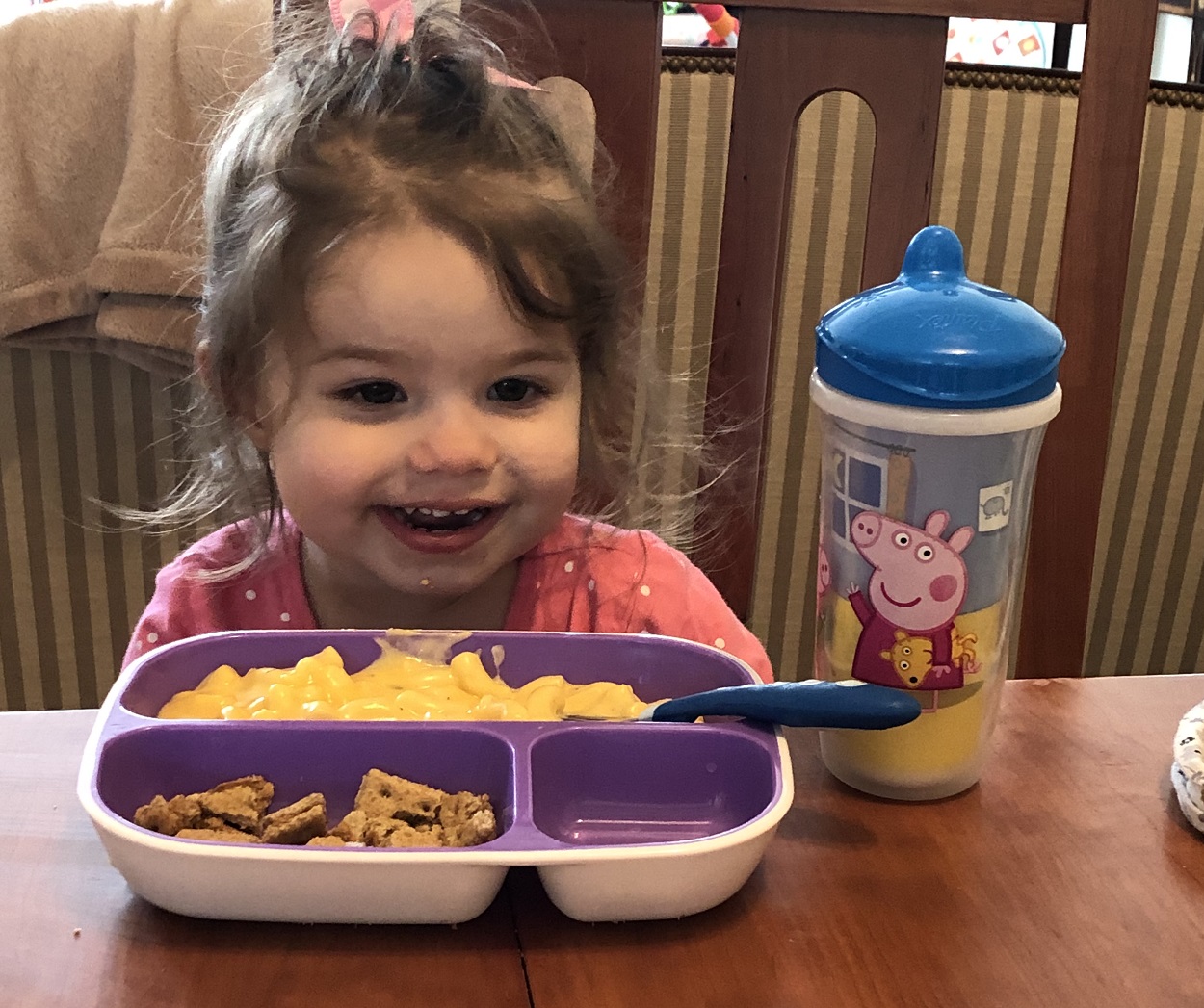
Toddler development is a strange thing. One day, she loves pizza. The next, she acts like it's poison.
The biggest phase so far has been the "I do it" phase, where she stops me from doing things like closing doors because she wants to do it herself. It's admirable, but it can be a little frustrating at times. The other day, she got upset with me since she couldn't help me reboot the internet, even after I told her I wasn't 100% sure I was doing it right.
This, too, may be a phase. And I just have to accept that. I don't know what's going on in her head, but like everything else, I have to assume it's a natural way of development.
All I care about right now is her feeling loved.
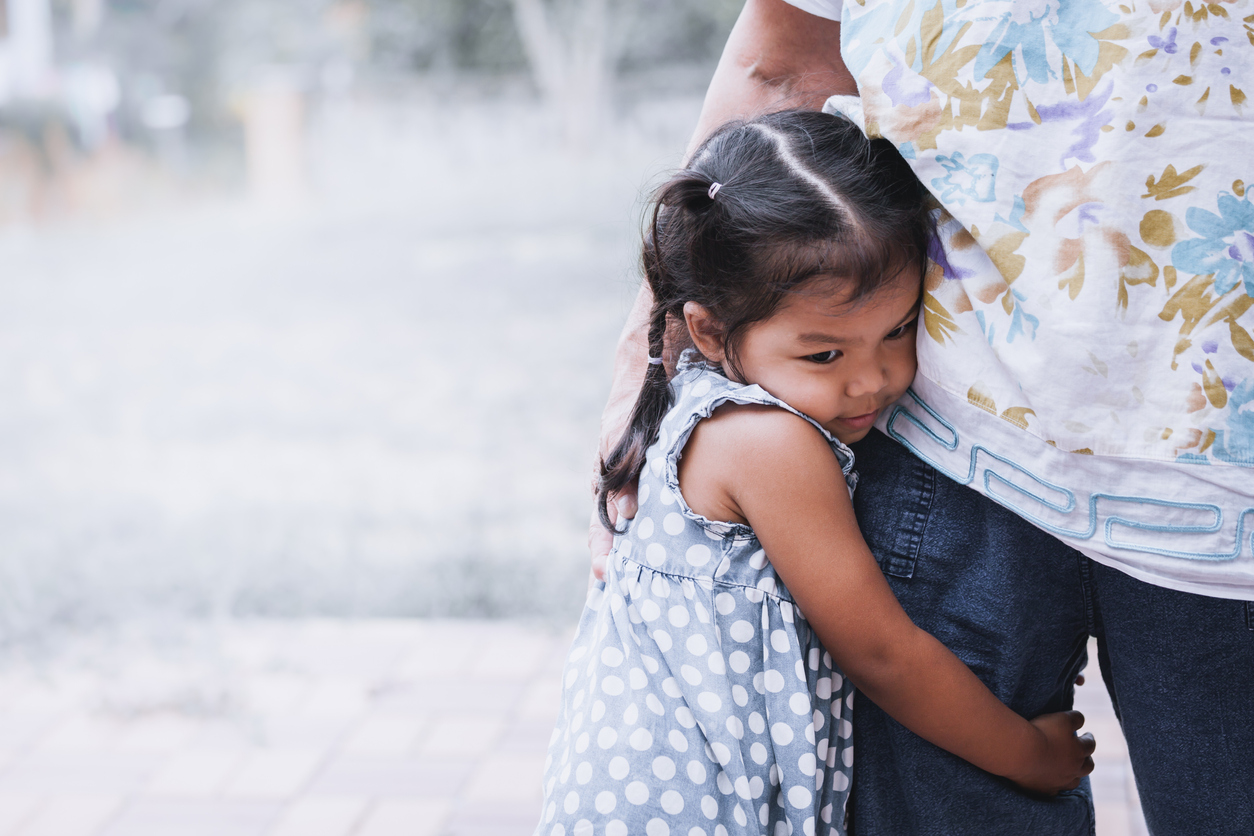
I have plenty of love in my life. And that includes Charlotte. But I'm a 36-year-old woman and don't need to hear the words from her just yet. What's important is that every day, she knows how I feel.
I don't want this kid to spend even one day of her life thinking she's unloved. I know that she and I likely have some rough patches ahead — for example, when she's 12 or 13 and is embarrassed to be seen with me. Or if she just assumes I won't understand something crucial happening in her life since I'm her mom.
But I do want her to know that the day of her birth was the happiest day of my life. My wedding was up there, but meeting her for the first time was the ultimate — without a doubt. As long as she knows I'll always be there, I have everything I could ever need.



